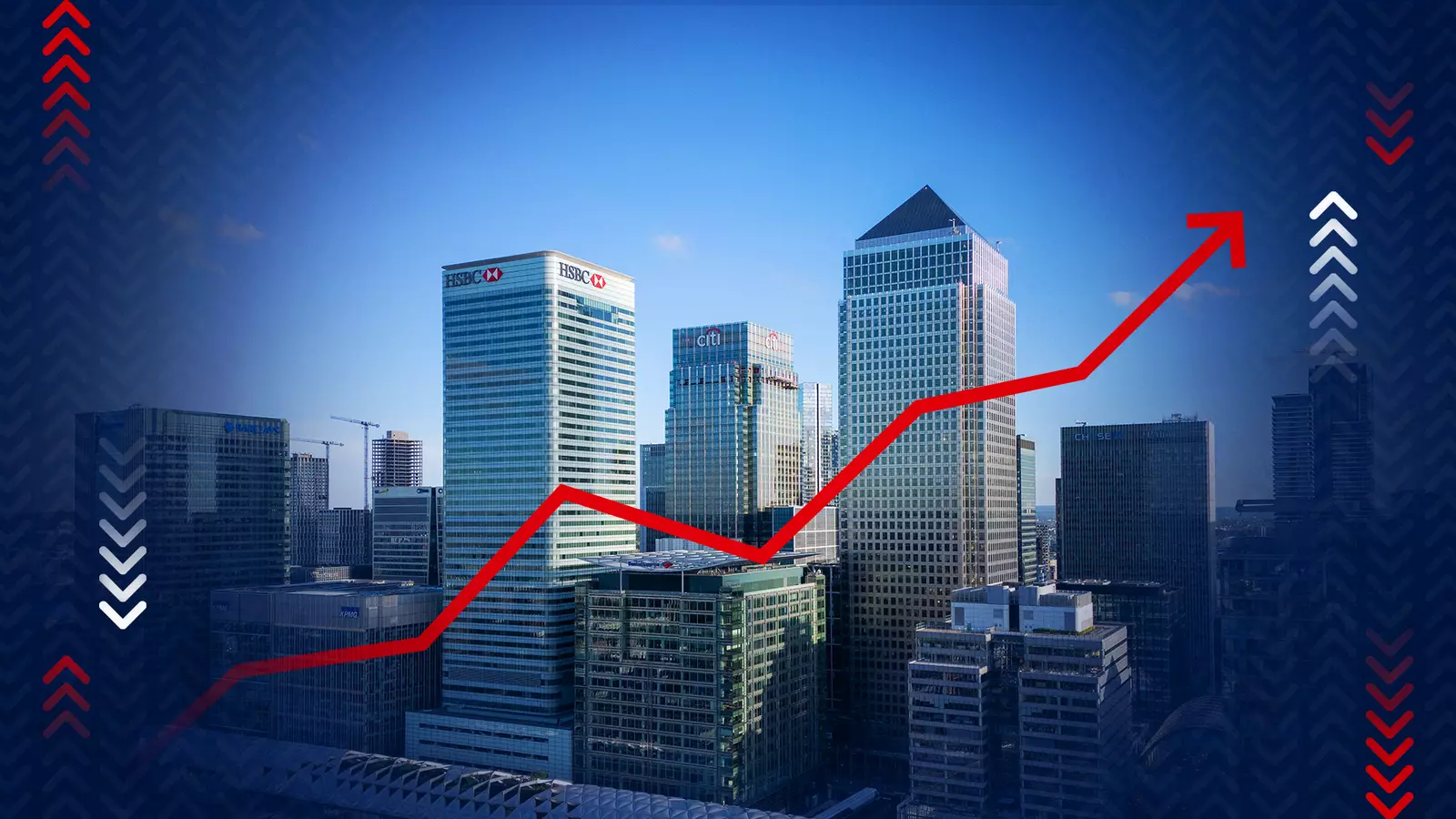The UK economy faced stagnation for the second consecutive month in July, according to the Office for National Statistics (ONS). While economists had predicted growth, GDP remained flat following the recent election. Despite signs of growth in the services sector, particularly led by computer programmers and the cessation of health strikes, weaknesses in advertising, architecture, and engineering industries counteracted these advancements. Furthermore, manufacturing output suffered a decline, mainly attributed to struggling car and machinery firms. The construction sector also experienced a decrease during this period.
Market Speculation on Interest Rates
Given the current economic climate, market expectations suggest that the Bank of England will maintain the status quo on interest rates during their upcoming meeting to address inflation concerns. Although the central bank previously raised interest rates to combat inflation, a possible rate cut in November is anticipated. If the rate-setters decide to reduce interest rates at the next meeting, it is projected that rates could fall to 4.75%.
Political Response to Economic Challenges
In light of the recent economic data, Chancellor Rachel Reeves acknowledged the complexity of the economic situation and emphasized that significant changes will take time to materialize. Despite two consecutive quarters of positive growth, Reeves highlighted the need for sustained improvement to compensate for the prolonged period of economic stagnation in the UK. The government’s commitment to addressing these challenges is evident, but the Chancellor indicated that immediate results should not be expected.
The UK’s economic landscape presents a mix of positive and negative indicators, reflecting the ongoing challenges faced by various sectors. While the services industry displays resilience, other sectors like manufacturing and construction are grappling with significant setbacks. The upcoming decisions on interest rates and broader economic policies will play a crucial role in steering the economy towards a path of sustained growth and stability. As stakeholders closely monitor these developments, the need for strategic interventions to address the underlying issues becomes increasingly apparent.


Leave a Reply